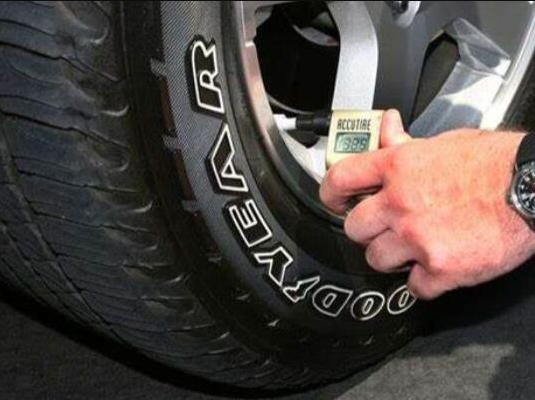The steering wheel is one of the main components in a car. We drive the vehicle with it, and therefore, its operation should be ideal. Sometimes we can notice some vibrations in the steering wheel that are uncomfortable or that can even be a real problem for the car and, therefore, for our safety.
Below we will see some of the possible causes of steering wheel vibrations:
Tires
In most cases, this problem arises usually related to the tires. They are the point of contact with the ground, and their condition will directly affect what the steering wheel transmits to us.
In this way, if we have tires with uneven wear on the front axle or some other defect or malformation, we will notice it with a rhythmic vibration that increases as we go faster. Another factor may be the imbalance of the tires, in which case the vibration would only be at a certain speed or range of speeds. The solution would be as easy as balancing.
Address
The address is another frequent reason why the steering wheel vibrates because it directly connected to the steering wheel. Also, the suspension tires to cushion the body of the vehicle. Therefore, if we have misaligned direction or inadequate suspension geometry, these annoying vibrations may arise (in addition to a worse behavior). In this case, it is also advisable to visit the workshop to solve it.
Brake discs
If vibrations appear during braking, the problem could be with the brake discs. Most likely, the front discs are deformed, since they are not completely flat and transmit vibrations to the steering wheel and the pedals. This case may arise from the demanding use of the brakes, sudden temperature changes, or the wear itself. It will be necessary to replace the brake discs (and the pads that could be ‘flawed’).

Silentblocks
The silent blocks are rubber studs that serve to join different metal parts so that there is no noise, wear or vibration. With the deterioration of these pieces, you can create certain clearances that produce vibrations in the steering wheel. If they occur in the suspension or steering arms, it can cause you to lose the optimal geometry. Its replacement will also recommend avoiding greater evils.
Homokinetic joints
The homokinetic joints of the cars are responsible for joining the bearings with their ends. In this way, it is possible to transmit the rotation of the engine to the wheels allowing suspension and steering to work properly. There may also wear here since the bellows or dust covers made of rubber. If they crack, there will be losses of the grease that lubricates these joints, and therefore, there will be greater friction and will cause vibrations.
Bearings
A bad bearing or hub-bearing assembly can also cause steering wheel vibrations. They are more difficult to detect because they can appear and disappear. Sometimes they can arise when braking and therefore confuse it with a brake disc problem. The vibrations sometimes accompanied by a buzz. The solution is to change the bearing or hub, making sure that the stud or axle is also damaged.
Shock absorbers
The last element that could cause vibrations are shock absorbers in poor condition. They can also affect the driving and wear of tires and silent blocks. If we think that the cause may be the latter, it should also review.
A car is a complex machine with hundreds of parts and mechanisms. The above reasons are some of the main causes of steering wheel vibrations, but there can be many more causes. It will be of great importance to keep the address and suspension in good condition and visit a professional if we do not know the cause or if the problem does not remit.
